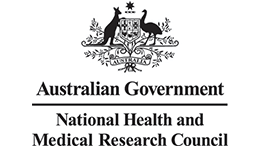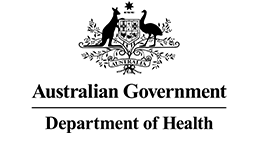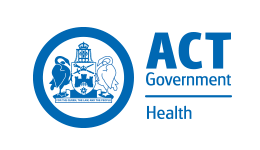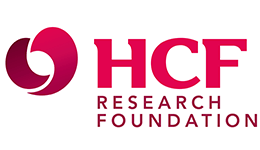Enhancing prevention in primary health care – Phase 1

Status completed
Start Date
End Date
About
Strengthening the role of Primary Health Networks in the prevention of chronic disease
Project titleWhat is the issue?
The National Strategic Framework for Chronic Conditions acknowledges that chronic diseases are the leading cause of illness, disability and death in Australia. The framework also acknowledges that prevention, across the health system, is key to improving the health of all Australians, reducing health-related expenditure and ensuring a sustainable health system.
Primary health care has an important role in assessing, preventing and managing the key risk factors for chronic diseases, namely poor diet, physical inactivity, tobacco use, harmful alcohol consumption and obesity. Despite evidence of how to prevent chronic disease in primary health care, there are still gaps in preventive care in practice and inequities in preventive care for disadvantaged groups.
Australia’s 31 Primary Health Networks (PHNs) aim to increase the efficiency and effectiveness of health services, and improve coordination of care. Arguably, there is a role for PHNs to facilitate practice change, as well as to develop partnerships with state health services, local government and non-government organisations to commission and coordinate new preventive services and programs and to integrate clinical and population health approaches to chronic disease prevention. However, it is less clear what this looks like in practice. For example, how can effective prevention strategies be translated and applied to the structures and possibly future funding vehicles of PHNs?
How did the project address the issue?
This project explored how PHNs can improve preventive health practices in primary health care, with a focus on the role of PHNs in the prevention of the most modifiable risk factors for chronic disease.
Initially, consultation was undertaken with 16 PHNs to develop an understanding of what they are currently undertaking or commissioning in relation to prevention, and understanding the vision/potential PHNs see for their role in prevention in the future. This includes understanding the barriers and enablers to PHNs engaging in preventive health initiatives using a systems approach and what would support or enhance this work.
Data was also collected from document reviews and interviews with PHN stakeholders, including staff from the PHN Branch at the Commonwealth Department of Health, GPs and academics working in primary care. Based on this consultation, a discussion paper was written.
Relevance for practice
Through identifying how PHNs work in prevention – and how this role can be enhanced – this project aimed to improve the coherence of the PHN effort in reducing the burden of chronic disease in Australia and in using resources more effectively to better prevent and manage chronic disease.
What were the outcomes?
A discussion paper was written.
The next phase of this project will be to trial a cardiovascular disease prevention initiative in three to four PHNs to determine the feasibility of a prevention practice facilitation model. This will involve a prevention facilitator being located in each PHN to engage with practices and provide support and training. The facilitation model will be co-designed with participating PHNs.
Publications
Other publications
- Poster presentation, Primary Health Care Research Conference, August 2018, Melbourne.
People
Project team
-
Dr Melissa Hobbs Dr Melissa Hobbs has finished working with the Prevention Centre.
-
Professor Andrew Wilson AO
The University of Sydney -
Associate Professor Sonia Wutzke Associate Professor Sonia Wutzke has finished working with the Prevention Centre.
(1970-2017)









